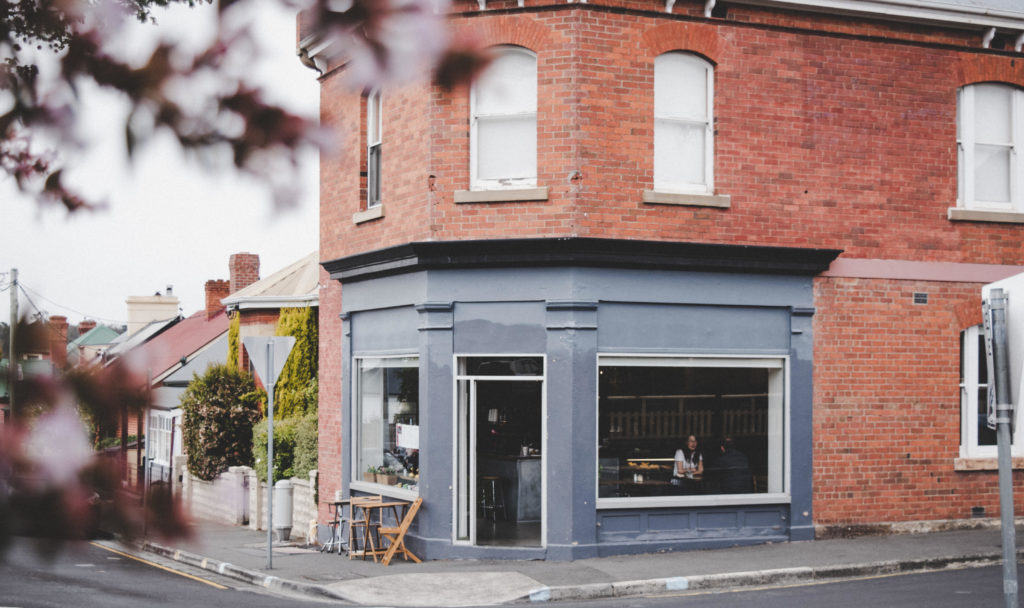Thinking of pursuing a career in the field of medicine in Australia? We are sure you have a million and one questions you want answered!
From the cost of studying to support services in place for students, Insider Guides spoke to Robert and Yiping, two international students currently studying a Doctor of Medicine at The University of Notre Dame Australia to answer your most frequently asked questions.
1. Where should I study medicine in Australia?
This is completely up to personal preference. However, there are a number of things you should take into consideration before choosing a study destination in Australia.

For Yiping, Notre Dame was the perfect place to study as it offered a comprehensive bioethics program and she valued the interactive learning environment.
“The bioethics program is particularly appealing due to its emphasis on ethical medical practice, a crucial aspect of modern medicine. Additionally, the small class sizes at Notre Dame ensure that each student receives personalised attention,” she says.
Similarly, Robert was drawn to Notre Dame’s teaching philosophy, and the reputation of its graduates, but also took into consideration the university’s Sydney location.
“A big factor in my decision was the location. My partner is from Sydney, I have family in Sydney and I have established research networks in Sydney. Pursuing a medical career is not an easy path and having an established support network like family and a supportive partner can be vital to your long-term success,” he shares.

So, when choosing a study destination, consider:
- Location
- The course and specialisations you’re interested in
- Cost
- The reputation and quality of the course and education provider
- Graduate options and opportunities for industry placement.
Read more: How to become a doctor in Australia
2. How much does a medical degree cost?
This number will vary depending on where you study, how long your course is, the type of medical course you choose and any prerequisite courses you may need to complete before completing your degree.
Along with your tuition fee, there are several additional study costs you may incur if you choose to study medicine in Australia. These include visa application fees, equipment such as a laptop, textbooks and stationery, as well as the cost of airfares to a new country, accommodation, food, transportation and more.
Education providers will share course costs, the Department of Home Affairs explain visa fees and financial requirements, and you can use our handy Cost of Living Calculator to better understand your everyday costs as a student.
3. Will I have the marks to get into medicine?
It’s no secret that studying for a degree in medicine can be very competitive with only a small number of successful applicants each year depending on your study results, chosen course and education provider.
However, if you don’t initially qualify, some universities offer pathways for students to explore alternate options that allow them to gain entry into medicine. For example, Notre Dame’s Doctor of Medicine programs offer pathways to support aspiring doctors.
4. What will the workload be like?
Like any tertiary degree, dedication, commitment and sometimes even sacrifices are necessary for a successful career. Studying medicine is no different and has a reputation for having a large and time-consuming workload. This expectation ran true for Yiping who reveals she entered her course believing she would have to give up spending time with friends to prioritise her studies.
“I assumed that studying medicine would be extremely serious and time-consuming, leaving little room for a social life. While it is true that the course demands a lot of dedication and hard work, I have found that it is possible to maintain a balance between studying and having a social life. Time management and prioritisation are key,” Yiping shares.
Robert shared a similar sentiment that studying medicine is challenging and highly competitive. However, he has learnt the importance of a balanced lifestyle is the key to success.
“As my mother, being a doctor, had advised: ‘Pursuing a career in medicine is a marathon, not a sprint, and balance is a point in time, not a permanent condition.’ Medicine is a difficult journey, intellectually and emotionally, and learning to take the time to look after yourself is the most important thing you can do to ensure your success. Finding time for family, friends and everything else that makes you a well-rounded individual is a must for making it through medical school and beyond,” Robert says.
5. What kind of support systems are in place for international students?
Surrounding yourself with like-minded students and mentors is an important part of studying. For Yiping, this meant taking advantage of Notre Dame’s smaller class sizes to ensure a more intimate learning experience tailored to each individual.
“The personalised attention from tutors and the supportive learning environment is helping me develop the confidence and competence needed for my future career,” she adds.
University communities are also a great place to seek support for international students. Robert found a welcoming and nurturing support system through the diverse student cohort at Notre Dame. The university also provides a range of services specifically for international students including access to legal advice, making friends, English language support and more.
6. What are the opportunities like in Australia?
Health Care and Social Assistance is Australia’s largest employing industry with a little over 15 per cent of people working in this field. Employment is trending upwards, with a rise of 5 per cent from the previous year, equating to just over 100,000 workers.
Studying a degree in medicine in Australia has opened up a wide range of opportunities and experiences for students just like Yiping and Robert.
“Studying medicine in Australia offers the opportunity to learn in one of the most highly regarded medical systems in the world, providing strong prospects for a successful career as a doctor and researcher. Australia boasts world-class hospital and medical research facilities and programs that enable medical students to learn from leading doctors and scientists.
“As an extension to these facilities and programs, these opportunities allow students to join a collaborative international network of medical professionals that provide students with the tools to shape the future of medicine locally and internationally,” Robert concludes.
Read more: Medicine in Australia: A guide to emerging job opportunities
If you’re ready to start your exciting career in medicine, explore courses at The University of Notre Dame Australia and apply today.






